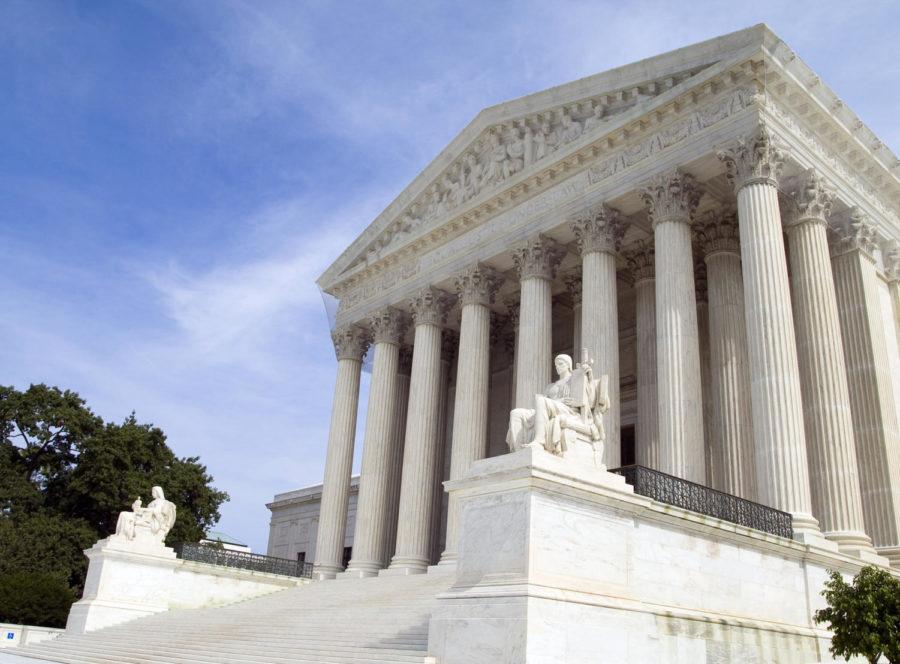Dankbar: Supreme Court justices should look to Pope on life tenure
Supreme Court justices are advised to take a lesson from the former pope and retire early by Hannah Dankbar.
March 8, 2013
U.S. Supreme Court justices (and any judges who are appointed for life, for that matter) can look to Pope Benedict XVI for something. Not for anything related to their judgements, but for knowing when their time is done.
Last month Pope Benedict XVI shocked the world by announcing his retirement. He is the first pope in approximately 600 years to make that decision. He credited his decision to his declining health making it too difficult to be the leader of the world’s one billion Roman Catholics.
His retirement was official as of February 28 and he will reside in a monastery in Vatican City with plans to live a private and quiet life.
He is 85 years old, which many people do not consider to be too old to be a pope. He realized his own weakness and decided the Church could do better with a different leader. I found his decision to be very admirable.
Some of the U.S. Supreme Court justices could use that type of thinking.
Article III, Section I of the United States’ Constitution provides, “The Judges, both of the supreme and inferior Courts, shall hold their Offices during good Behavior…” Meaning as long as they do their job to uphold the status of the Supreme Court, they cannot be kicked off. This was put in place to insulate the judicial branch from political activity. But was it the best decision?
Between 1970 and 2005, only 10 justices retired, and they had an average of 25 years on the Court. The first ten justices of the Supreme Court averaged terms of just under eight years. Longer lifespans and a fondness of power are claimed to be the contributing factors to the longer terms.
Lifelong appointment, for any position, has good intentions and negative consequences. Insulating the Court from political activity is a good intention just like a pope serving for life because of Church tradition.
The downside to this is that it gives a lot of power to those individuals to decide which direction their respected institution goes while their physical state may not be at its highest point and does not leave them accountable for it. Pope Benedict XVI recognized that he could not keep up with the demand of the Church in his elderly state, and there have been some Supreme Court justices who probably could have made a similar decision.
Diminished productivity is another drawback. Who wants to work like they are 25 when they are actually 85? I don’t plan on it. The Supreme Court hears about half as many cases per year as it did 25 years ago, and a lot of work gets passed on to the many clerks each justice has working for them.
In the hopes of remedying these problems, some legal scholars have advocated for an 18-year term limit. This would give each president the ability to appoint two new justices during his or her term. If a president serves more than one term then I can see that leading to some problems; mainly the political parties complaining about this power and fighting every nomination, like they do right now.
Tradition seems to be working pretty well for the Catholic Church right now. I don’t think the Church is going to make any effort to change anything anytime soon. Their ruler is God, and always has been and always will be. The Pope is just the human head of the institution.
Whether you think that life terms are a good or a bad idea, I am sure that you agree once a person starts getting old and their job is impacted because of it, he or she should, and deserves to, step down and do something they enjoy for the rest of his or her life.
——————————————————————————————-
Hannah Dankbar is a senior in political science and spanish from Johnston, Iowa.







